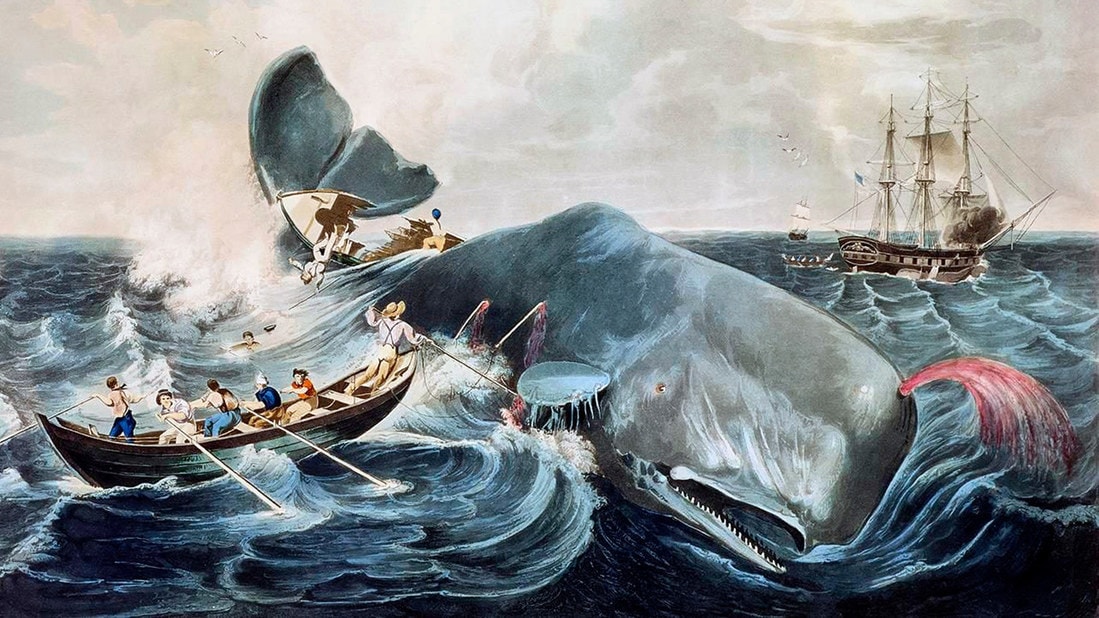Key Takeaways
- “Moby-Dick; or, The Whale,” an epic adventure novel by Herman Melville, captures the thrilling and perilous world of whaling in the 19th century.
- This American classic, deeply embedded in the literature of the American Renaissance, was initially met with mixed reviews and commercial failure, but its stature as a Great American Novel surged in the 20th century.
- The narrative, a blend of adventure, philosophy, and introspection, is told by Ishmael, a sailor aboard the whaling ship Pequod.
- The central plot revolves around Captain Ahab’s obsessive quest for revenge against Moby Dick, a massive white sperm whale.
- The novel is celebrated for its exploration of themes such as humanity, obsession, revenge, and the divine.
- “Moby-Dick” is renowned for its rich language, complex characters, and philosophical depth, making it a cornerstone of American literature.
Frequently Asked Questions
- What inspired Herman Melville to write “Moby-Dick”?
- Melville’s experience as a sailor on whaling ships and the historical accounts of whales, like the infamous Mocha Dick, significantly influenced his writing of “Moby-Dick.”
- Why was “Moby-Dick” initially a commercial failure?
- Initially, its complexity, dense narrative style, and the then-unconventional subject matter of whaling might have alienated readers. It gained fame much later for these same reasons.
- What are the major themes in “Moby-Dick”?
- The novel explores themes of obsession, revenge, the struggle against nature, the conflict between man and his destiny, and the exploration of good versus evil.
- How does “Moby-Dick” reflect American society in the 19th century?
- The novel mirrors the diverse American society through its varied crew and delves into issues like class, race, and the role of religion.
- What makes Captain Ahab’s character so compelling?
- Ahab’s complexity, his monomaniacal pursuit of the whale, and the depth of his emotions and motivations make him one of the most intriguing characters in American literature.
“Moby-Dick” is not just a story about a man chasing a whale; it’s a rich tapestry of human experiences and emotions, set against the immense backdrop of the sea. Its legacy endures as a testament to Herman Melville’s brilliance and the enduring power of great storytelling.
